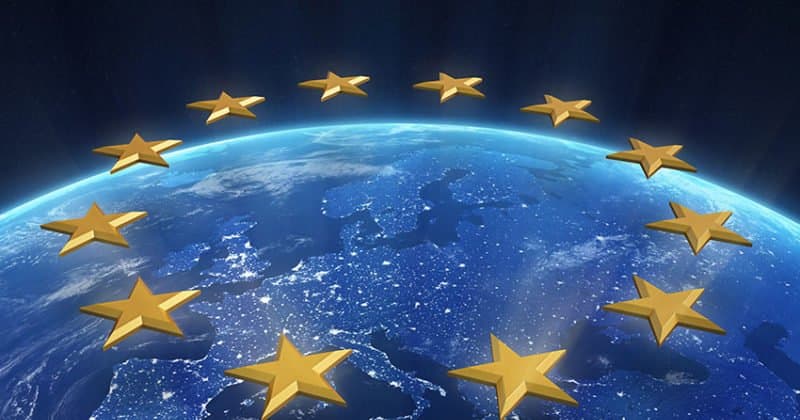EU Grapples with Governance Challenges, Drawing Parallels to Early US Federalism

The European Union is facing significant governance challenges, described by some observers as an "Articles of Confederation problem," echoing the difficulties encountered by the nascent United States in the late 18th century. However, experts suggest that the EU's journey towards deeper federal integration is considerably more complex than the historical path taken by the U.S.
"The EU experiencing its own Articles of Confederation problem, but their path to Federalism is much more difficult than it was for the U.S. in 1791," stated Twitter user Sweet Meteor O'Death, highlighting a sentiment shared by many analysts regarding the bloc's structural hurdles. The EU, a unique entity blending intergovernmental and supranational elements, continues to navigate the delicate balance between national sovereignty and collective action.
The original U.S. Articles of Confederation, adopted in 1781, established a weak central government with limited powers, particularly lacking the authority to levy taxes, regulate interstate commerce, or enforce laws effectively. This led to economic instability, interstate disputes, and an inability to address national debt, ultimately necessitating the drafting of the U.S. Constitution in 1787 to create a stronger federal system. Key weaknesses included the inability of Congress to compel states to contribute funds or troops, and the requirement of unanimous consent for amendments, paralyzing governance.
For the EU, similar strains manifest in ongoing debates over fiscal integration and the enforcement of common policies. While a new economic governance framework entered into force in April 2024, aiming to strengthen debt sustainability and promote growth through national fiscal-structural plans, challenges remain. The framework introduces risk-based surveillance and emphasizes reforms and investments, but the ultimate enforcement relies heavily on member states' commitment and annual progress reports.
The EU's path to a more robust federal structure is complicated by its diverse membership of sovereign nation-states, each with distinct historical, cultural, and political identities. Unlike the relatively homogenous colonies that formed the U.S., the EU comprises countries with long-established national institutions, languages, and legal systems. This inherent diversity makes consensus-building and the transfer of significant sovereignty to a central authority a far more arduous process, as evidenced by protracted negotiations on fiscal rules and the complexities of enforcing common standards across the bloc.